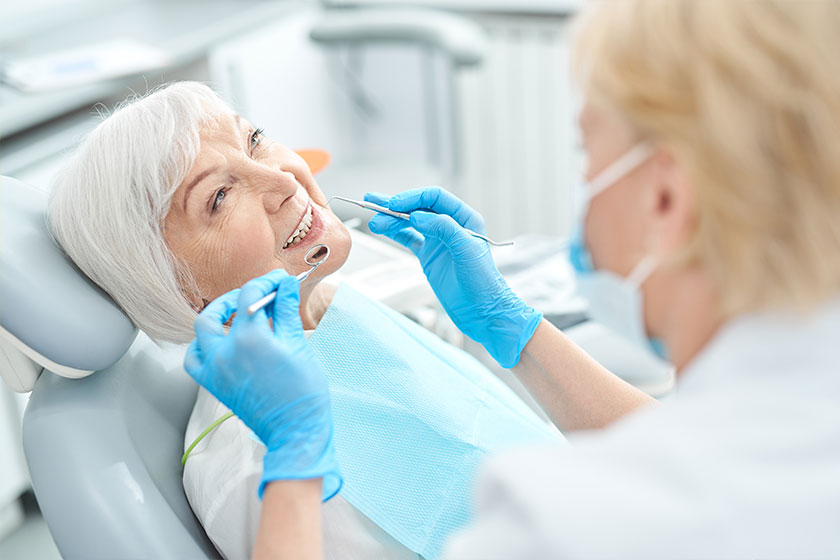Maintaining our oral health is a vital aspect of being healthy. As we grow older, the way we care for our teeth and gums needs to be adjusted accordingly. Therefore, it is important to be aware of good dental habits and change the way we care for our teeth over the years. Read on for tips on maintaining oral health for healthy aging, whether at home or in a retirement community.
Know the Common Oral Health Issues
Being over 55 years of age increases the risk of you and your loved ones getting several oral health issues. One of them is periodontal disease (also known as gum disease). It is caused by plaque buildup on the teeth and gums. This leads to pain, inflammation, and bleeding. According to the Centers for Disease Control and Prevention, gum disease is a leading cause of tooth loss. It can lead to cavities and tooth decay, with the decay occurring around the root being the most common in this age group. Having a diet high in sugar increases your risk of getting tooth decay.
Another common oral health condition is dry mouth, which can be caused by many factors, but is commonly a side effect of medications for diabetes, hypertension, and some heart issues. Having a dry mouth not only makes it hard to chew and swallow but can also lead to periodontal disease and tooth decay.
Brush
It is important to brush your teeth thoroughly at least twice a day to maintain good oral health. Use a soft toothbrush and toothpaste with fluoride, and make sure you brush your gums and tongue as well. If you have sensitive teeth, use a gentle toothpaste catered for tooth sensitivity. Use mouthwash regularly to help combat plaque buildup, but not immediately after brushing as it can wash away the fluoride on your teeth.
Floss
To prevent food debris from building up, floss at least once a day. Using regular dental floss can be tricky, so look out for one-handed dental floss kits that can make flossing easier.
Increase Calcium Intake
Calcium is an essential mineral that helps maintain strong teeth and gums. It is found in foods such as milk, cheese, brown rice, salmon, and more. Increasing your calcium intake can help your teeth and gums remain strong and healthy.
Replace Toothbrush Regularly
Do not wait until your toothbrush bristles start to show signs of wear before you replace your toothbrush. Change out your toothbrush regularly, around every three to four months, to ensure that your teeth and gums get optimal cleaning every time.
Drink Enough Water
Drinking lots of water is essential in maintaining overall health and especially important for individuals suffering from dry mouth. If your symptoms are serious and cannot be relieved by drinking enough water, consult your physician.
Clean Dentures Regularly
If you or your loved ones wear dentures, make sure they are cleaned by brushing them at least twice a day using a dentures cleanser. Remove them at night and soak them in a dental cleaning solution overnight.
Visit the Dentist
Schedule regular visits to the dentist so that any dental health issues can be addressed early on. Practicing good dental habits and identifying any dental health problems early will help in maintaining good oral health in the long run.







